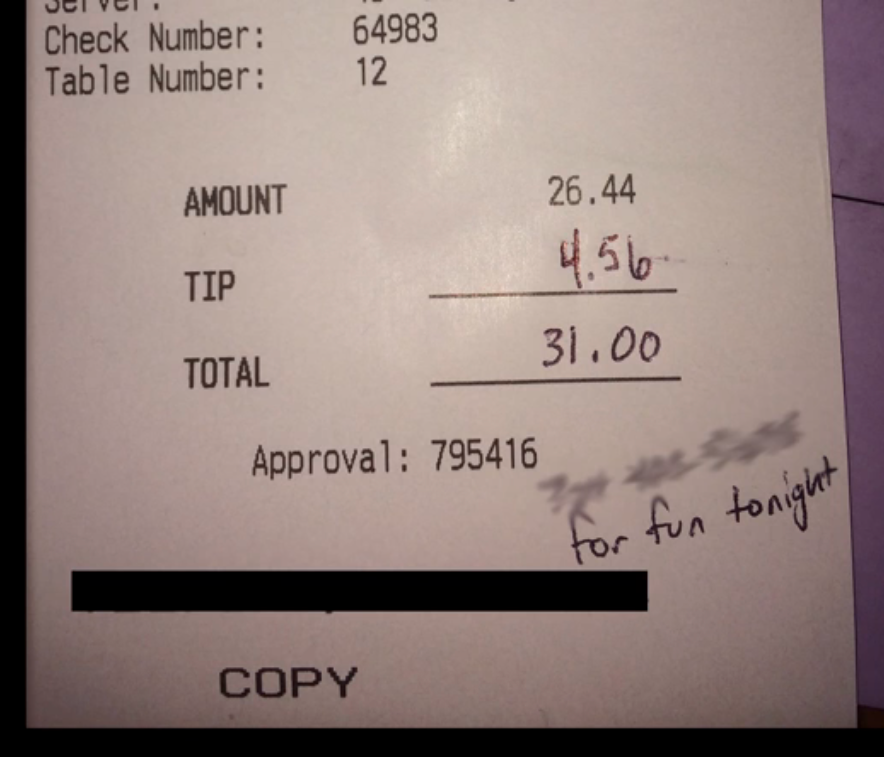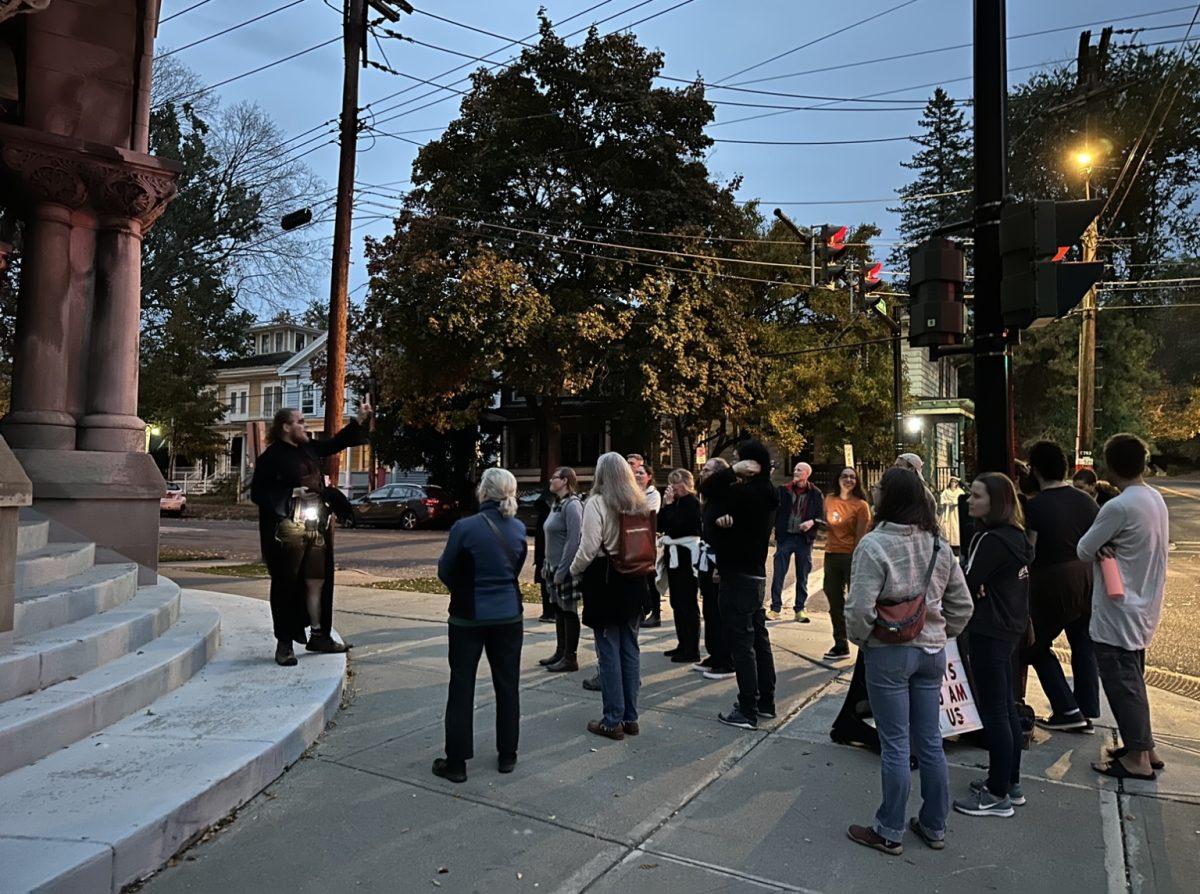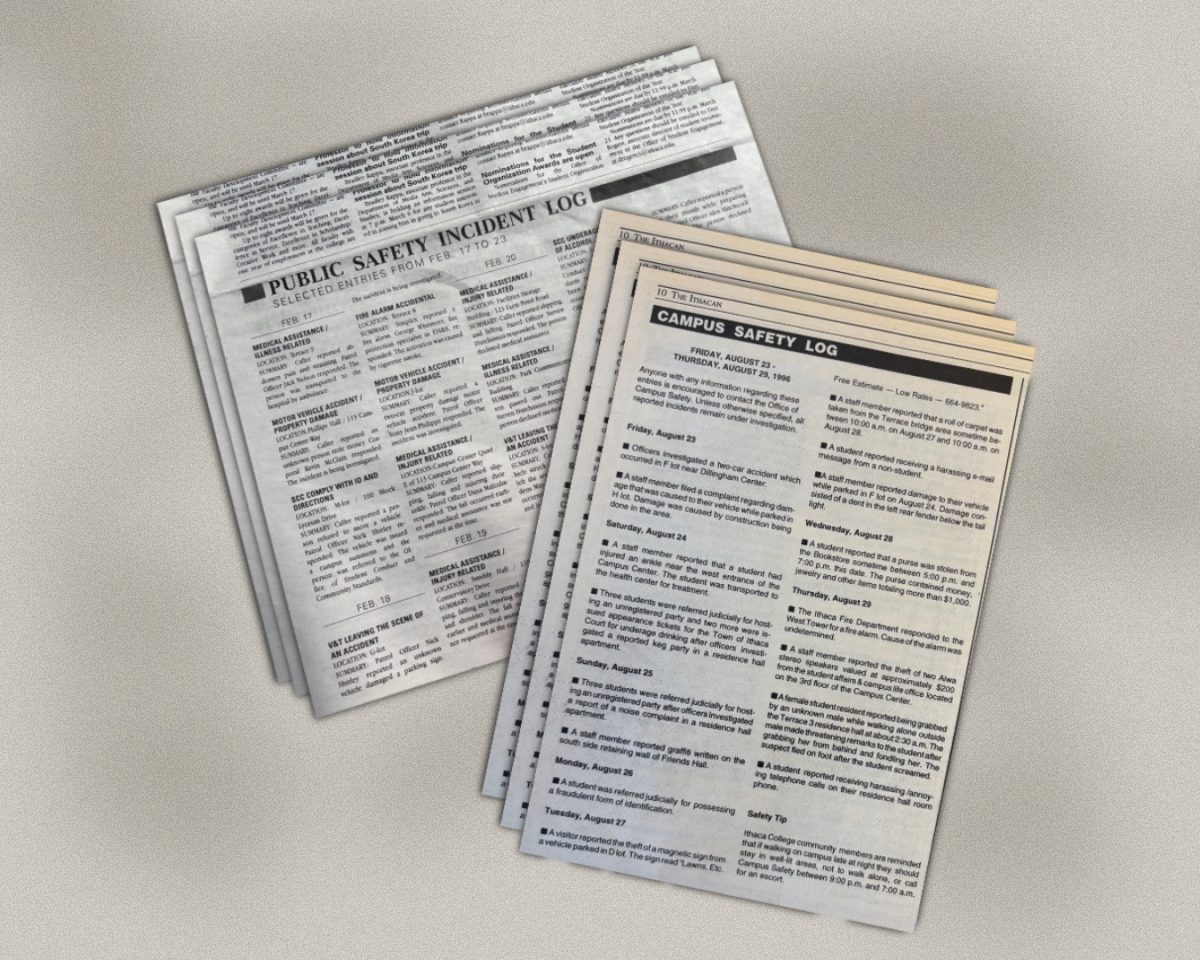Governor Cuomo’s decision to raise the minimum wage for tipped workers to $7.50 by 2016 in the state of New York came as a relief to many in the service industry; however, this increase may not relieve the problem of sexual harassment in the restaurant industry, which is something that occurs to 90 percent of female workers according to a national survey administered by the Restaurant Opportunities Centered United (ROC) in October. The problem is that many women fear the negative repercussions that will come from reporting sexual harassment.
ROC is an organization seeking to improve wages and working conditions for those in the industry. “Sexual harassment is any behavior that is unwanted and makes a person uncomfortable of a sexual nature,” Maria Myotte, National Communications Coordinator of ROC, said. While this definition does blanket a large spectrum of harassment, it does not necessarily mean that women who admitted to being harassed in the survey reported it at the time of the incident.
“The sub-minimum wage perpetuates a culture of sexual harassment, where workers are having to put up with behaviors that might make them uncomfortable, but they fear repercussions if they take action,” Kalpana Krishnamurthy, Policy Director of Forward Together, an organization working to improve culture and policies as a catalyst for social change, said. “And those repercussions include a lower tip, getting worse shifts, or getting fired.”
ROC is focusing on breaking the fear of negative repercussions from reporting sexual harassment. “We have a social media campaign called ‘Not on the Menu’ just to encourage women to start talking about it because it’s so common place in the industry that a lot of female servers and female tipped restaurant workers consider it to be a part of the job,” said Mayotte.
“For me, if someone’s kind of flirting when they give you a tip, you can just smile and walk away…You kind of let things slide for that tip.” Kersten Morgan, a bartender at Dunbar’s in College Town, said.
Morgan said sexual harassment policies were never discussed with her when she started working and while she has never reported an incident, she does fear repercussions that might come from managers and other staff members. “If someone made me feel uncomfortable I’d be like ‘don’t touch me’ or ‘don’t say that to me.’ We should feel comfortable saying that,” Morgan said.
In many states, the tipped wage has been $2.13 since 1991. “Women living off tips in those states were twice as likely to experience sexual harassment than women in states that pay a full minimum wage to all workers,” said Krishnamurthy.
There are currently seven states that pay tipped workers full minimum wage. Other states such as Michigan, Connecticut, New Hampshire, and Maryland are following New York’s lead and working to raise wages for tipped workers as well, but solving a problem so many see as part of the job will take more than just a pay raise.



















